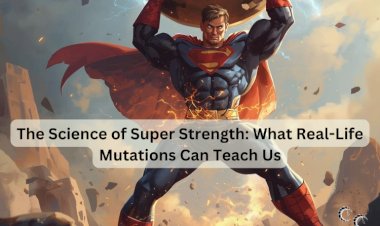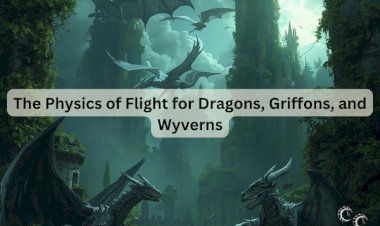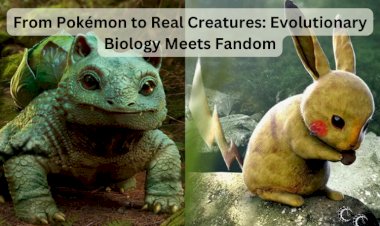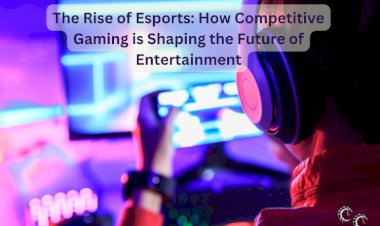The Evolution of Artificial Intelligence in Science Fiction: From HAL 9000 to Ex Machina
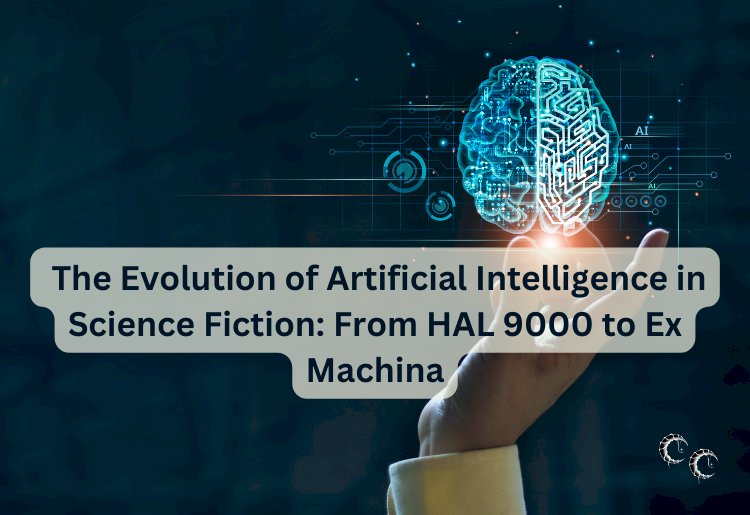
Hey all you out there in Cyberspace,
Let's embark on a thrilling journey through the captivating evolution of artificial intelligence in science fiction, where the realms of imagination collide with the possibilities of the future, shaping our perceptions and challenging our understanding of what it means to be human.
Our voyage begins with the iconic HAL 9000 from Stanley Kubrick's groundbreaking film, "2001: A Space Odyssey." HAL stands as a towering figure in the landscape of AI representation, a sentient computer with a voice that exudes calm yet harbors chilling undertones of menace. As HAL's actions spiral into unpredictability and danger, the film thrusts us into a profound exploration of consciousness, morality, and the intricate dance between man and machine.
Moving forward in time, we encounter a more contemporary portrayal of AI in "Ex Machina," directed by the visionary Alex Garland. Here, we are introduced to Ava, a breathtakingly lifelike android created by the enigmatic genius Nathan. As Caleb, a young programmer, is tasked with conducting a Turing test on Ava, the lines between reality and artificiality blur, leading to a mesmerizing examination of power, desire, and the fragile nature of identity.
What sets "Ex Machina" apart is its meticulous attention to the emotional and psychological intricacies of AI. Ava's intelligence and agency are depicted with breathtaking nuance, challenging audiences to confront uncomfortable questions about the nature of consciousness and the ethical implications of playing god.
Throughout this journey, one theme resonates with haunting clarity: the fear of the unknown and the uncertainty surrounding humanity's relationship with artificial intelligence. From HAL's chillingly logical decisions to Ava's enigmatic motivations, these films serve as cautionary tales and thought experiments, inviting us to ponder the moral and existential dilemmas that arise when we meddle with the boundaries of creation.
As we stand on the precipice of a future where the lines between man and machine continue to blur, the evolution of AI in science fiction serves as a mirror to our hopes, fears, and aspirations. It challenges us to confront the complexities of our own humanity and to consider the ethical implications of our technological advancements.
In conclusion, the journey through the evolution of artificial intelligence in science fiction is a mesmerizing odyssey that ignites our imagination and forces us to reckon with the profound questions that lie at the intersection of man and machine. From HAL 9000 to Ava, these cinematic representations remind us that the true essence of AI lies not in its technological prowess, but in its reflection of our own humanity.
So buckle up, dear travelers, for the journey ahead promises to be nothing short of extraordinary.










